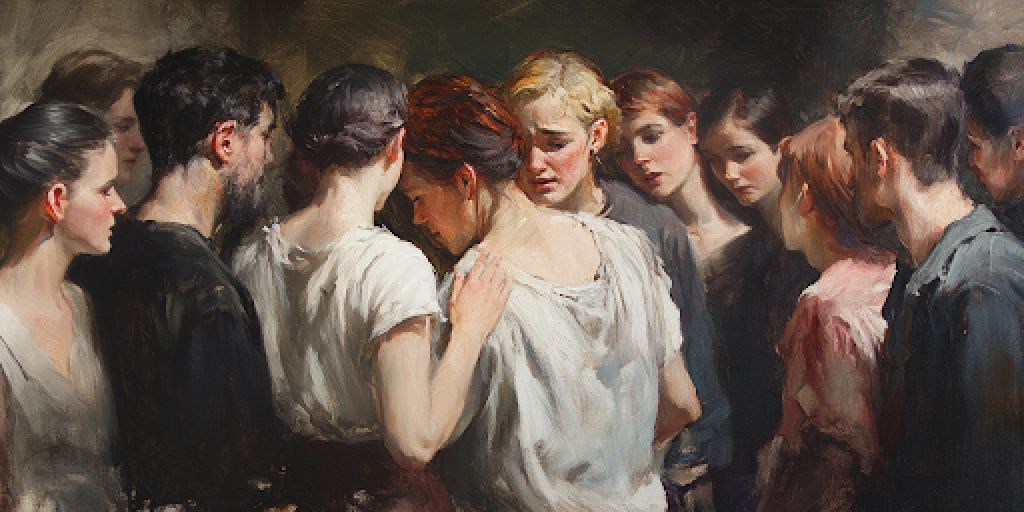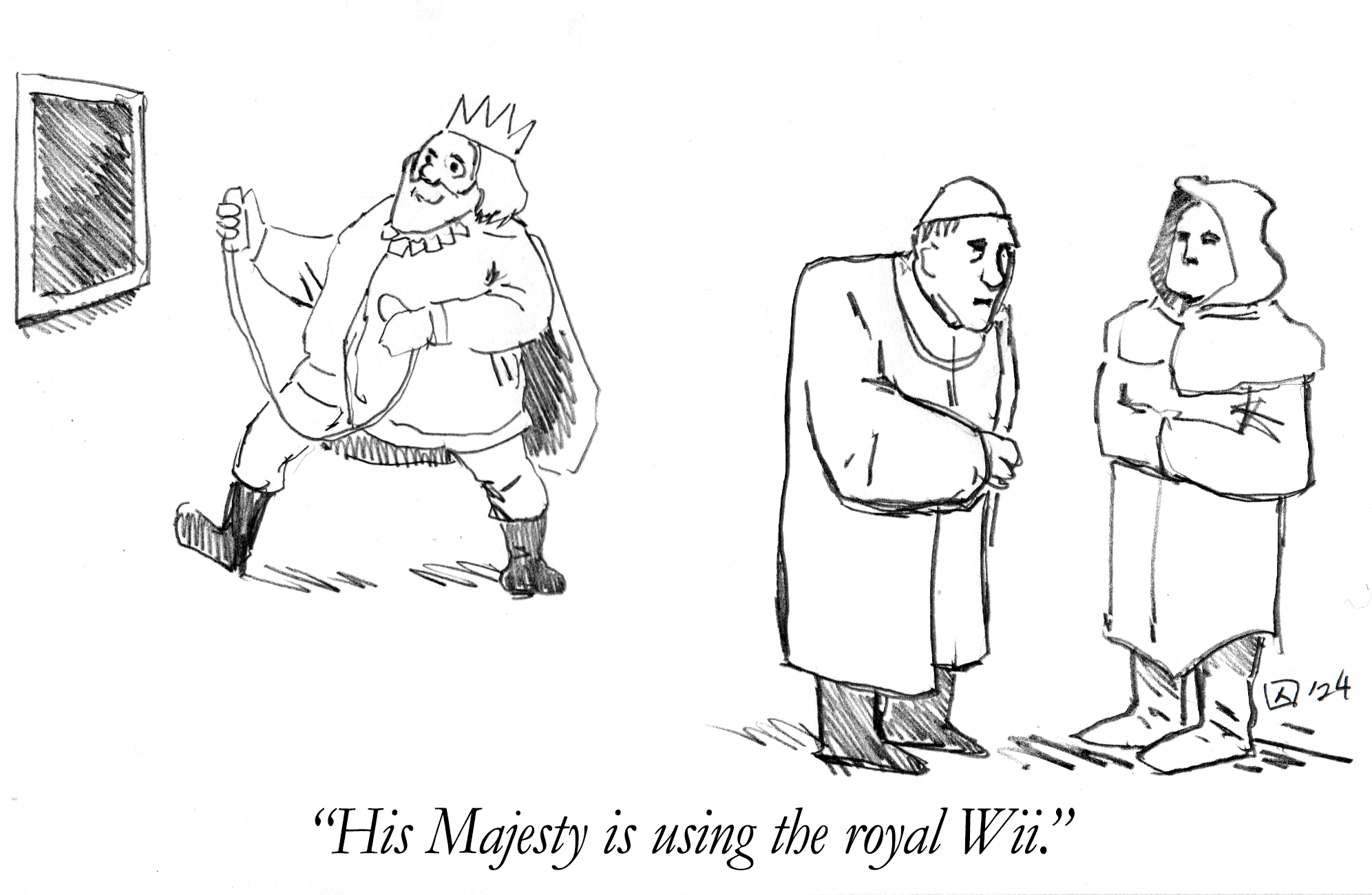I often attend political conferences with other college students. After meeting colleagues from many different universities all across the states and the globe, I am convinced that few young people have faith in higher education. Often, these conferences are about how we can be a better force for good and truth at our schools.
Americans’ confidence in higher education has fallen to 36%, which is sharply lower than the two prior readings in 2015 (57%) and 2018 (48%). The cost of college tuition is exorbitant, many students struggle to make friends, universities have become increasingly godless, and job placement is often determined more by connections and experience than a college degree. To top it all off, the overall quality of instruction has dropped significantly, specifically for general education.
Accreditation is the recognition from an accrediting agency that an institution maintains a certain level of educational standards. The accreditation model, which has long been the default, no longer represents the same quality as it had. Programs are judged by curricula and degrees held by faculty. Accreditation standards ignore the advantages of having professors who personally know a student and can attest to their quality and skills. Prospective college students are increasingly realizing just this. What I loved was learning.
What I loved was learning. However, I was worried about how my education might be undermined by the pursuit of grades, the need for busy work, and a narrow political agenda.
I worried I would pay tens of thousands of dollars to learn something I could easily learn on YouTube. I kept asking myself: what do I want from college? And is there any place that will be able to deliver what I want?
In October of 2022, the Church of Jesus Christ released a new guide to help young people in their decision-making. A section titled “Truth will make you free” spoke to my questions. Here, we are reminded that “You have both temporal and spiritual reasons to seek and love learning. Education is not just about earning money. It is part of your eternal goal to become more like Heavenly Father.”
I’ve come to learn that this understanding of education is a foundational principle of Western civilization. This traditional view can be traced back to the ancient Greeks, for whom philosophy and the pursuit of wisdom were inherently linked to the divine. Plato, for instance, saw the acquisition of knowledge as a way to achieve a higher, spiritual understanding of the universe. This perspective was further embraced by early Christian scholars like Augustine and Aquinas, who believed that all truth is God’s truth, and thus, the pursuit of knowledge ultimately leads to a deeper understanding of the Creator. The medieval universities, established by the Church, were founded on the premise that learning was a sacred path to understanding both the natural world and God’s intentions for humanity. The early educational pedigree of the United States similarly pursued truth for God and the Church, as Harvard’s early motto proclaimed.
Today, this principle has been largely forgotten in higher education. For example, The Barna Group estimates that roughly 70% of high school students who enter college as professing Christians will leave with little to no faith. Strada and Gallup examined students’ top motives for choosing their educational pathways, and 58% said that job and career outcomes were their primary motives.

If education is about our eternal goal to become more like our Father in Heaven, why do so many seek college degrees through universities that belittle and destroy this goal?
There is an inordinate amount of pressure for high school students to not only go to college but select the right college. Students want to be normal, intelligent, popular, and capable. They want to attend the college their friends, parents, and loved ones have attended. We all want to prove to everyone else (including ourselves) that we are valuable and important. In my estimation, it’s this pressure that drives college enrollment, not the pursuit of education. And it is among the explanations for the rapid drop in enrollment. Education is different today.
Perhaps at the forefront of this new approach is that Mount Liberty is taking a new path to credentialing. Because of the program’s small size, professors can personally vouch for students in both going on to graduate programs and starting future careers.
A liberal arts education calls back to the original purpose of learning — it teaches us how to be virtuous and free. Instead of engaging in surface-level tasks like job training, a liberal arts education questions why we do the things we do and if we should be doing them. I have learned many surprising things as I have participated in a different type of educational path. Perhaps the biggest lesson I have learned is that the solutions to the problems of higher education aren’t necessarily found in big new laws, fancy updated buildings, or student debt forgiveness. All it takes is courage from normal, everyday young people to pursue something new.
Education is different today than it was 20, 50, or 100 years ago. Accredited Universities don’t deliver the same things they once delivered. Education remains as important as ever, but frankly, our university system can no longer be trusted to consistently deliver an education. As it says in the For the Strength of Youth handbook I referenced earlier, “You show that you value truth as you seek learning, live with integrity, and bravely stand for what you know is right — even if you have to stand alone.”

















